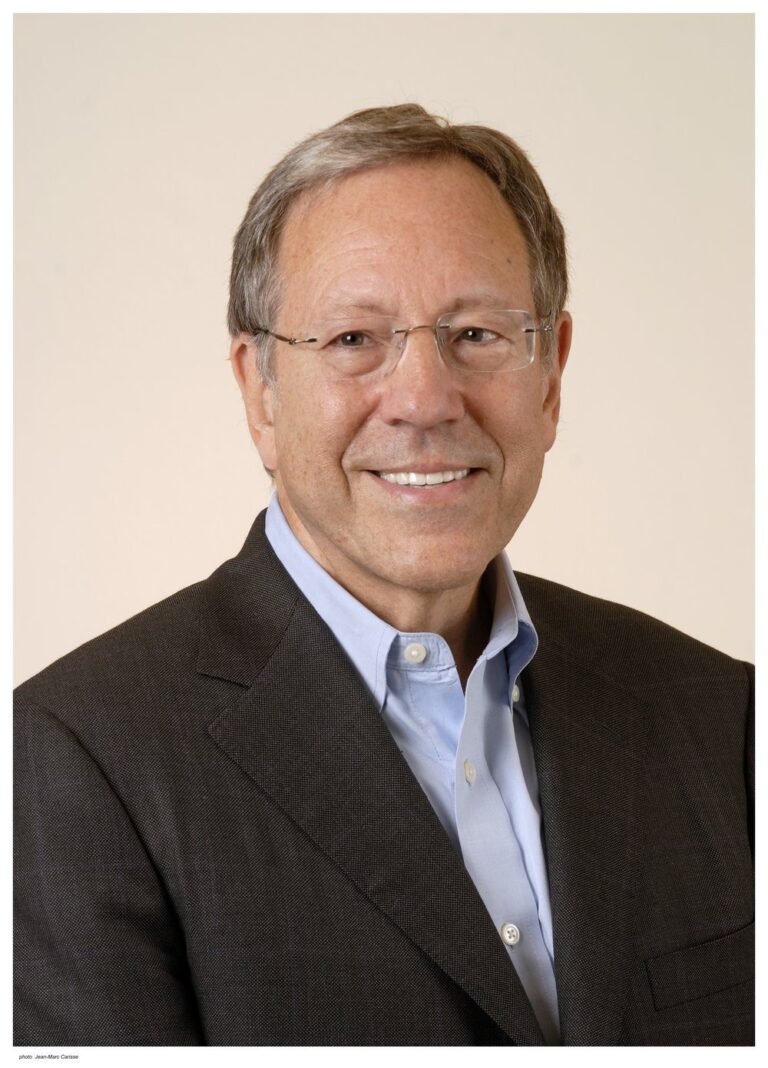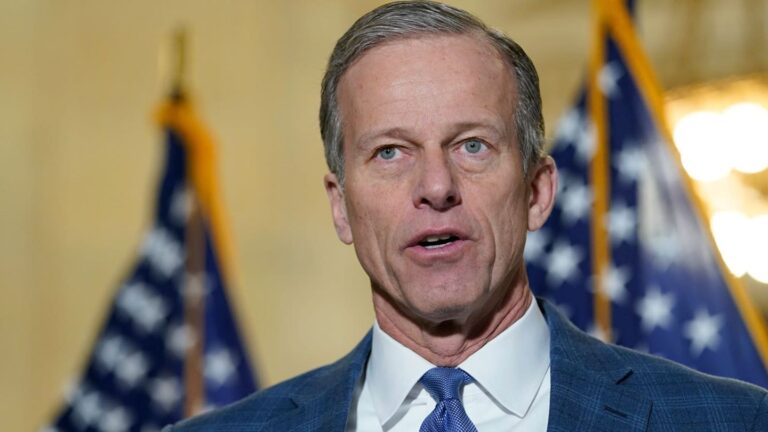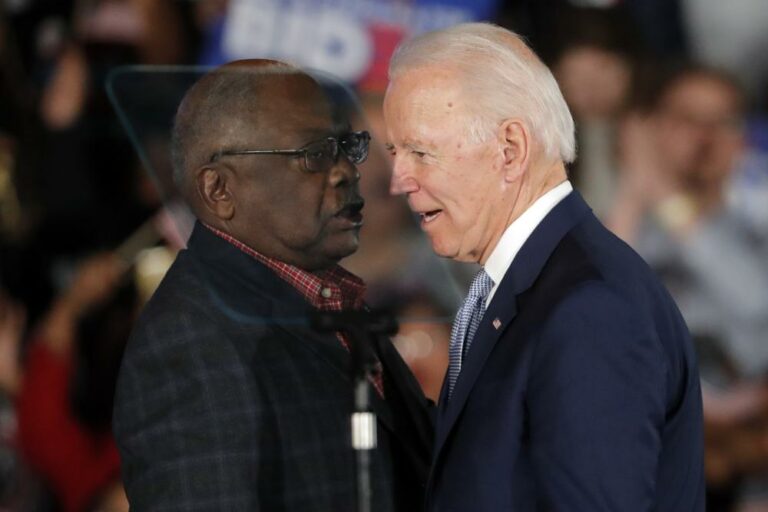 New York City’s new health boss doesn’t want to be your nanny. Think of her more as a tutor.
New York City’s new health boss doesn’t want to be your nanny. Think of her more as a tutor.
After years of pronouncements from on high, including the fight to limit big, sugary drinks, the city’s health department is shifting priorities under its newest commissioner, Dr. Mary Bassett: less telling and more listening to people about what they need.
“It means getting out, talking to people and realizing that the health department is only part of the solution,” said Bassett, explaining a philosophy she developed as a resident in a Harlem hospital and in 17 years developing AIDS-prevention programs in Zimbabwe.
Bassett’s approach is a break from her predecessors under Mayor Michael Bloomberg, whose sweeping health initiatives redefined the role of local government to influence healthier behaviors.
Bloomberg-era dictates, such as raising the cigarette-buying age to 21, a crackdown on artery-clogging fats and a proposed ban on large sugary drinks, led to lawsuits and criticisms the billionaire mayor was turning New York into a “nanny state.”
Bassett worked under Bloomberg, and she and current Mayor Bill de Blasio have been quick to say they supported Bloomberg’s boldest initiatives. But they agreed it was time for a change in tone and delivery — more bottom-up than top-down.
“She understands health care from the neighborhood up, from the family up, from the grass roots up,” de Blasio said in January.
Bassett, 61, came to the role as physician-in-chief for 8.4 million New Yorkers after three decades in public health, including a stint as a deputy health commissioner under Bloomberg. She had a hand in crafting some mandates, including one that forced fast-food restaurants to post calorie counts.
Now, as commissioner, it’s tailoring programs to the city’s diverse communities that sets Bassett apart from her predecessors.
“People have this image of New York City that it’s a city of millionaires, and that’s true, but it’s also a city in which nearly half the population lives at or near poverty,” Bassett said in an interview. “That’s our challenge.”
Recently, Bassett went to an East Harlem center to address the neighborhood’s high asthma and obesity rates.
In a room lined with posters marked “Free to breathe!” and “Libre para respirar,” staffers briefed Bassett on their plan to use a focus group to develop an adult asthma program and efforts to engage residents on social media and through community organizations.
Dr. Thomas Farley, the health commissioner through Bloomberg’s last term, said Bassett’s approach amounted to “a little more shading of emphasis.”
“We focused on trying to create healthy environments to make healthy choices easier as a way to ensure New Yorkers have long, healthy lives,” Farley said. “Commissioner Bassett has an even greater focus on working in those neighborhoods and focusing on reducing health disparities, and I think that’s a good thing.”
Life expectancy in the city increased three years to 81 under Bloomberg, while in the U.S. it went up less than two years. The gap between blacks and whites in the city narrowed too, but disparities remain. The life-expectancy in the Brownsville neighborhood in Brooklyn, for example, is 11 years lower than in Murray Hill, on the east side of Manhattan.
“Where you live shouldn’t determine how long you live,” Bassett said. “It’s just that simple.”
Bassett supported Bloomberg’s ban on big sugary drinks, which the state’s highest court struck down. She is exploring ways to revive it.
As that fight simmers, Bassett is attacking obesity on other fronts. She is expanding school cooking programs, vouchers for families to buy produce at farmer’s markets and a program that reconfigures bodegas to put healthier items in the prime shelf space.
“This isn’t just standing on the corners and telling people to eat more fruits and vegetables,” Bassett said. “But it’s also making it more likely that people will make those choices.”
(AP)










